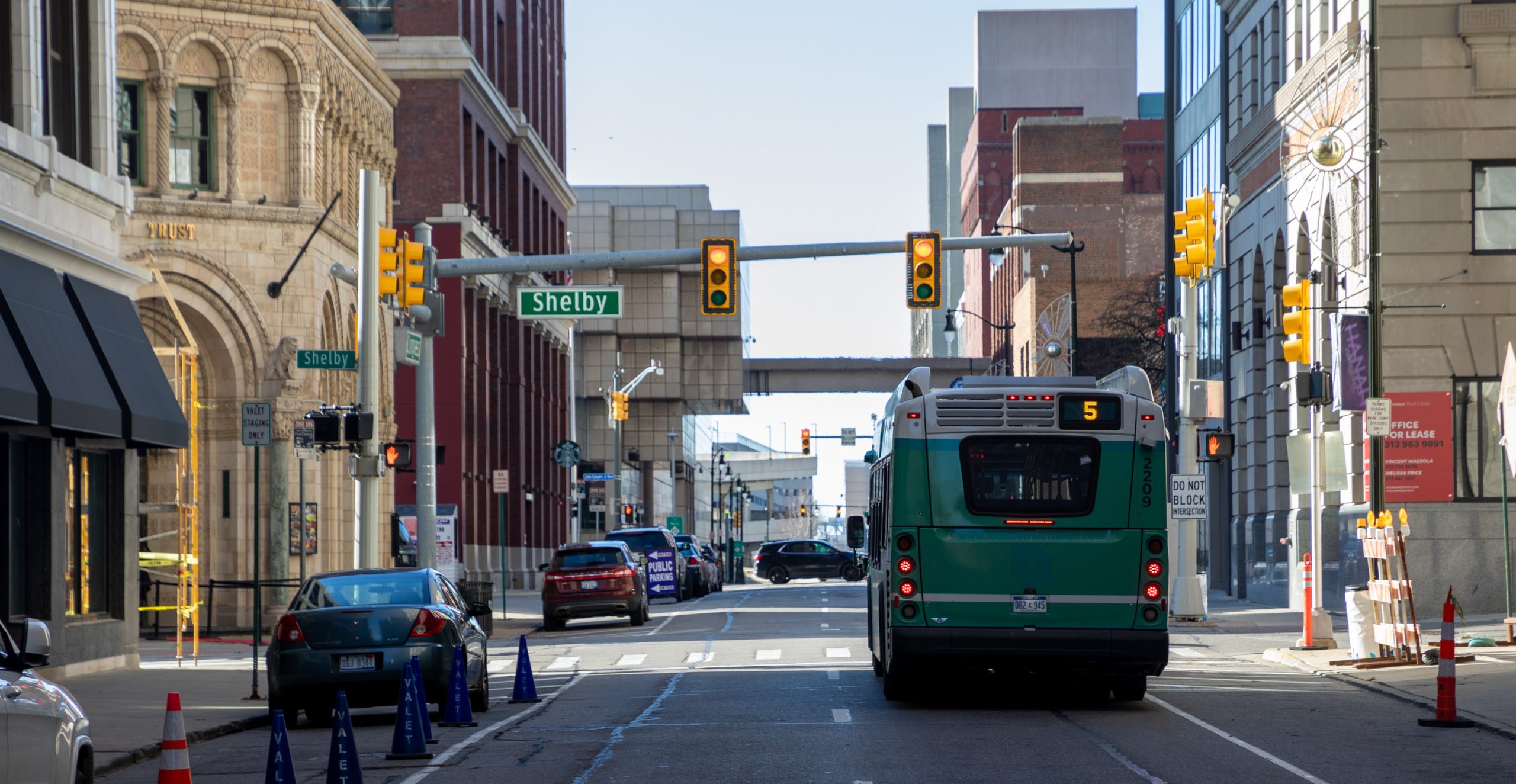
As Michigan’s residential electric rates have increased even since the COVID-19 pandemic began, the state appears poised to approve plans that could slash costs for large industrial manufacturers by as much as 60%.
A new program proposed to the Michigan Public Service Commission (MPSC) by Consumers Energy would reduce rates for new industrial customers using at least 10 MW of power, and is designed to “help Michigan attract and retain large manufacturing” operations, the company said in a statement. DTE Energy has proposed a similar plan.
The rate reductions appear to be part of a broader state effort that aims to attract new EV battery plants. Tax incentives approved last week by the Legislature could free more than $1 billion in taxpayer funds for auto companies, lawmakers said, and is largely a response to Ford’s recent decision to build new EV factories in Kentucky and Tennessee.
The cuts, which would drop rates currently between about 8-11 cents per kWh to between 4-5 cents per kWh, could represent tens of millions of dollars more in savings for auto manufacturers already taking advantage of those tax incentives.
Meanwhile, the monthly bill for an average electric user served by Consumer Energy jumped up by more than $9.50 in 2020, and it’s requesting a similar rate bump this year. DTE Energy, which faces strong criticism from consumer advocates over its affordability and reliability, is proposing an 11% residential rate increase after an approximately 9% jump in 2020.
“For every dollar that is saved by manufacturers, DTE and Consumers aren’t going to take a hit out of their bottom line,” said Democratic State Rep. Yousef Rabhi. “The rest of us are going to pay for it, and it’s not fair to the average ratepayer, or to the average taxpayer, to do this.”
Consumers Energy spokesperson Katie Carey said the company expects its plan to be approved this week. A spokesperson for the MPSC, the state agency that regulates private utilities and must approve rate changes, would not comment on if or when approval might come.
Low electric rates are especially important as the auto industry electrifies. Battery plants use up to five times more electricity than the average auto plant, and Ford repeatedly cited other states’ low energy costs as one of the motivations for its decision to build plants elsewhere.
In October, an Outlier Media analysis found the publicly-owned Tennessee Valley Authority (TVA) offers an average industrial rate of 4.58 cents per kWh, while DTE’s and Consumers Energy’s average rates for its largest users in September were 7.59 cents and 10.94 cents, respectively. An EV battery plant consuming power at those rates could save over 60% on electricity by operating in TVA territory versus Consumers Energy territory.
Tennessee has a competitive advantage for EV plants in particular because it’s almost entirely served by a publicly owned utility that doesn’t have to make investor payouts, has access to lower borrowing rates, and pays fewer taxes than a privately owned utility like DTE, all factors that allow the utility to offer lower rates than an investor-owned utility.
Two EV battery plants are in public utility territory in Holland, Michigan, and General Motors on Friday announced plans for a battery plant “in the Lansing area,” which is served by a publicly owned utility.
The rate reduction plans seem designed to nullify that advantage, but consumer advocates say slashing the rates for industrial customers while increasing them on residential users follows a larger pattern.
Regulators and legislators over the last decade enacted a series of changes that shifted more of the utility grid’s cost burden from industrial customers to residential. Federal data compiled by the Citizens Utility Board of Michigan (CUB) shows industrial rates slightly dropped between 2010 and 2019, while residential rates jumped in DTE’s and Consumers Energy’s territories. Commercial rates have been relatively constant over the same period.
“It is troubling that industrial customers have faced little to no rate increases, and now could be getting a rate cut, while residential customers keep paying more and more with each rate case with no end in sight,” said Amy Bandyk, executive director of CUB.
Carey, the Consumers Energy spokesperson, said in a statement that the cost of providing a new electricity load to large users is low, so it won’t shift more of the grid’s cost burden onto residential customers.
“Existing utility customers won’t pay more to attract new businesses to Michigan,” she said.
Consumers Energy’s plan would secure the rates for up to 15 years after a plant starts, and would also be open to existing manufacturers who increase their electric load to 10 MW, Carey added.
DTE’s rate reductions “bring new business to our state while allowing current companies to grow and create meaningful jobs,” company spokesperson Peter Ternes said. He characterized DTE’s industrial rates as “just about at the national average.”
MPSC spokesperson Matt Helms said the utilities made an “ex parte” request instead of filing a regular rate case as is standard when utilities want to change rates. In such requests, the changes “must not lead to higher costs for other customers,” Helms said.
But Rabhi said he is skeptical that it won’t lead to higher costs for residential customers down the line, and he called the program “another example of a corporate handout.”
“They’re prioritizing the interests of literally millionaires, billionaires, and some of the largest companies over working families and their interests,” he said.
TOM PERKINS is a freelance journalist and contributing writer for Outlier Media. Reach him at trperkins@gmail.com. Outlier Media can be reached at outlierdetroit@gmail.com.



